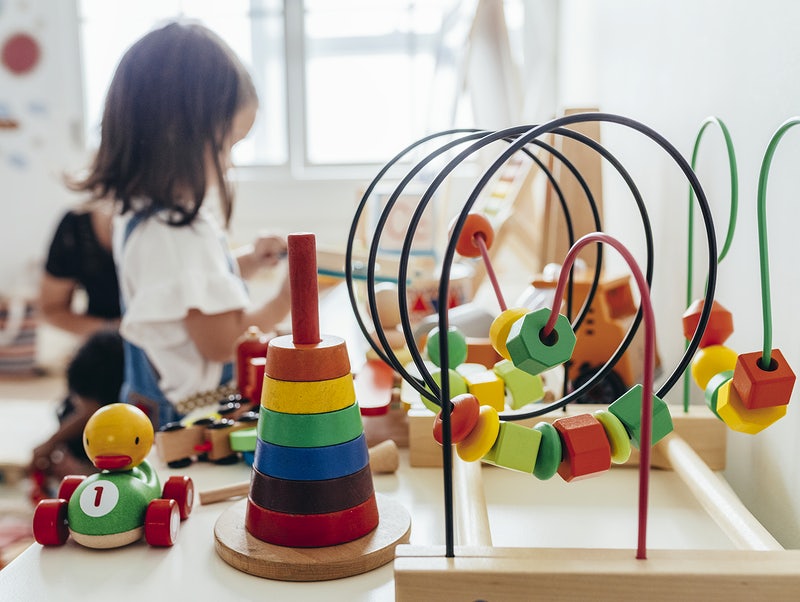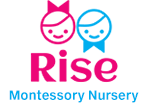With the start of a new school year, parents of preschool-aged children may be wondering if going to preschool makes a significant impact on their children’s development. After all, costs might be quite exorbitant at times. Furthermore, because the children enrolled in these programs are typically quite young, it’s understandable that certain parents believe their child would benefit more from daycare or being at home.
So, the question is, can going to preschool really help a child develop?
It was discovered that children who attend high-quality preschools had better self-control and academic skills than children who do not attend preschool. Better vocabulary developed via socialization with other youngsters and a love of literature can give children a massive advantage in their academic pursuits.
The Actual Influence of Preschool
There are numerous advantages to attending preschool. It assists children in learning how to interact with other children. It’s crucial to know how to get along, how to give and take. This can also have long-term academic benefits.
The benefits of developing self-control and some of the fundamentals, such as a love of literature, can begin in preschool and provide children with a benefit throughout their educational endeavors.
Preschool has a distinct edge in terms of early learning. Your child will gain a wide range of academic and pre-academic skills in the correct curriculum. This may offer kids an advantage when they begin school. Your child will develop a range of intellectual, social, and language abilities in most preschools.
Preschool allows children to expand their understanding of themselves as learners. Interacting with a circle of friends allows a learner to improve social skills and resilience through solving problems. Language skills are developed through group conversations and discussions, which helps to boost confidence and self-esteem. These abilities are essential as students prepare to continue their academic careers and interact in a varied and inclusive educational environment. Preschool also gives young pupils the opportunity to engage with older students who act as mentors and role models for academic success. They witness directly older classmates’ compassion and kindness, as well as their own perspective destiny.
Preschools, on the other hand, are not all built the same way. Parents who are unfamiliar with the process may not know what to look for and what concerns to address. It can be highly costly to recruit the greatest teachers and daycare. As a result, because the facility and/or parents may not have the finances to pay for skilled staff, these children are in the care of people who may be untrained and underqualified.
The Bottom Line
An excellent preschool program can provide a variety of short- and long-term advantages, including social, cognitive, and economic advantages. Preschool, on the other hand, isn’t a guarantee of success or pleasure. Other elements such as family environment and upbringing, and communal support also play a role. However, there is considerable evidence that preschool offers significant positive effects on children, some of which can last a lifetime.




